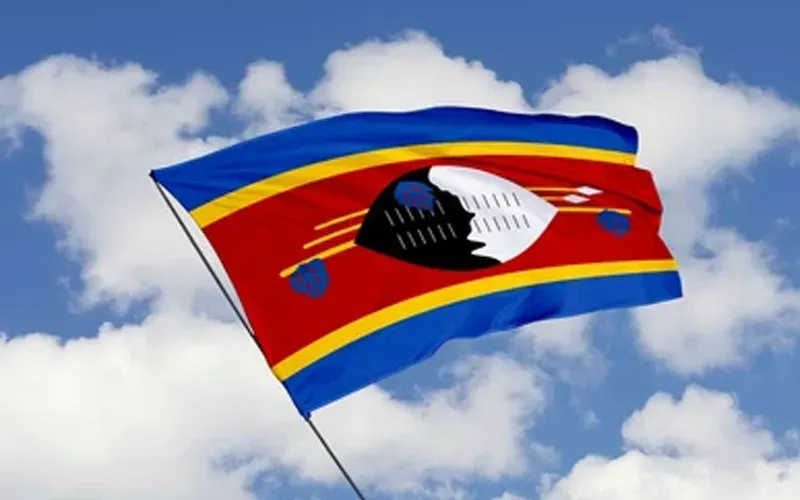Manzini, 06 February, 2022 / 9:15 pm (ACI Africa).
Many parts of Eswatini are experiencing renewed unrests, arrests and tortures of pro-democracy activists, Catholic charity foundation, Denis Hurley Peace Institute (DHPI), has reported and faulted the country’s government for maintaining silence amid a deteriorating political, economic and social situation in the Southern African Kingdom.
In a report shared with ACI Africa Friday, February 4, DHPI officials note that efforts to hold dialogue have not borne any fruits as the government refuses to meet demands of political and social activists.
“The Kingdom of Eswatini continues to experience uncertainty with regards to the political situation. Since the unrest in June 2021, there have been a lot of activities taking place in various forums, with the aim of trying to address the situation,” DHPI officials say in the February update of the situation in the Southern African country.
The leadership of the peace entity of the Southern African Catholic Bishops’ Conference (SACBC) notes that the EmaSwati ruler, King Mswati III, announced that there will be a national dialogue early in the year, 2022, but that some parties had shunned the dialogue.
“Pro-democracy organizations have come out to state clearly that they will not attend (the dialogue) if certain demands are not met by the government,” DHPI leadership reports, and adds that those advocating for democracy want the government to allow the return back to the country of those in exile.








